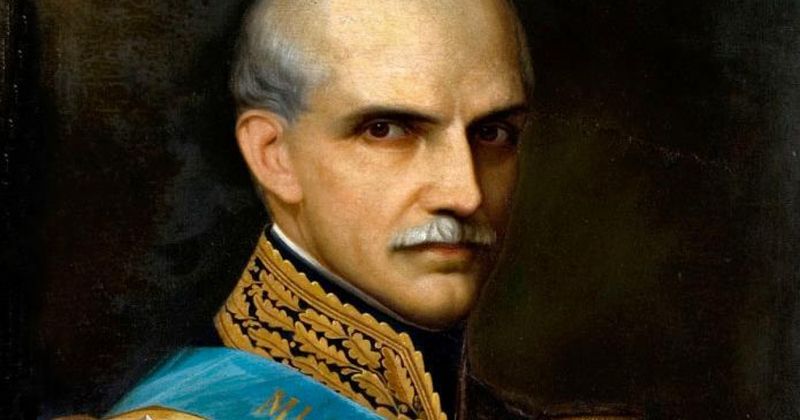Back to Course
Social Studies 2Do Gye
0% Complete
0/0 Steps
-
Syllabus
UNIT 1: Origins and first cultures of humanity Great contributions from ancient civilizations12 Lessons -
UNIT 3: Argumentation and the construction of logical, oral and written discourse
-
UNIT 3: Argumentation and the construction of logical, oral and written discourse5 Lessons
-
UNIT 4: Theory of Knowledge9 Lessons
-
The sources of knowledge: empiricism and rationalism
-
Objectivism, Relativism, Realism, Idealism, Pragmatism
-
Relativism and Objetivism
-
Latinamerican Philosophy
-
Colonialism and Neocolonialism
-
Identity and culture in Latin America.
-
Latinamerica Identity
-
Proyecto interdisciplinario 2ndo A
-
Last Project IIT
-
The sources of knowledge: empiricism and rationalism
-
Unit 6: Democracy And The Construction Of A Plurinational State12 Lessons
-
Social foundations of democracy: indigenous, mestizo, afro-ecuadorian, montubio.
-
Indigenous, mestizo, afro-ecuadorian, montubio.
-
Derecho social y el origen de la ciudadania Erick Carpio
-
Fundamentos sociales del Ecuador: lo mestizo
-
Fundamentos sociales: Lo indígena Erick Carpio
-
Contribuciones culturales: Gastronomía, Literatura, Música y Pintura
-
Cultural contributions
-
The state and its organization.
-
Assemblies constituents: The people as subject of the Assemblies
-
Judicial function and indigenous justice
-
Proyecto de Social Studies
-
Preparation Project T3 and Life Project
-
Social foundations of democracy: indigenous, mestizo, afro-ecuadorian, montubio.
Unit 5,
Lesson 9
In Progress
Assemblies constituents: The people as subject of the Assemblies
Unit Progress
0% Complete
Carta Constitucional de 1861

Learning goals: GO.CS.6. Build a civic, critical and autonomous conscience, through the internalization and practice of universal human rights and citizens, to develop attitudes of solidarity and participation in community life.
Learning activities: Los estudiantes buscarán hehcos icónicos acerca de Gabriel García Moreno y lo compartirán en clases.Los etstudiantes aprenderán acerca de la Carta Constitucional de 1861.
Entrevistas Simuladas: los estudiantes organizarán entrevistas simuladas donde sus compañeros asuman el papel de líderes históricos involucrados en la redacción de la Constitución del Ecuador.
h
Adaptaciones curriculares:
–
–
–
–
